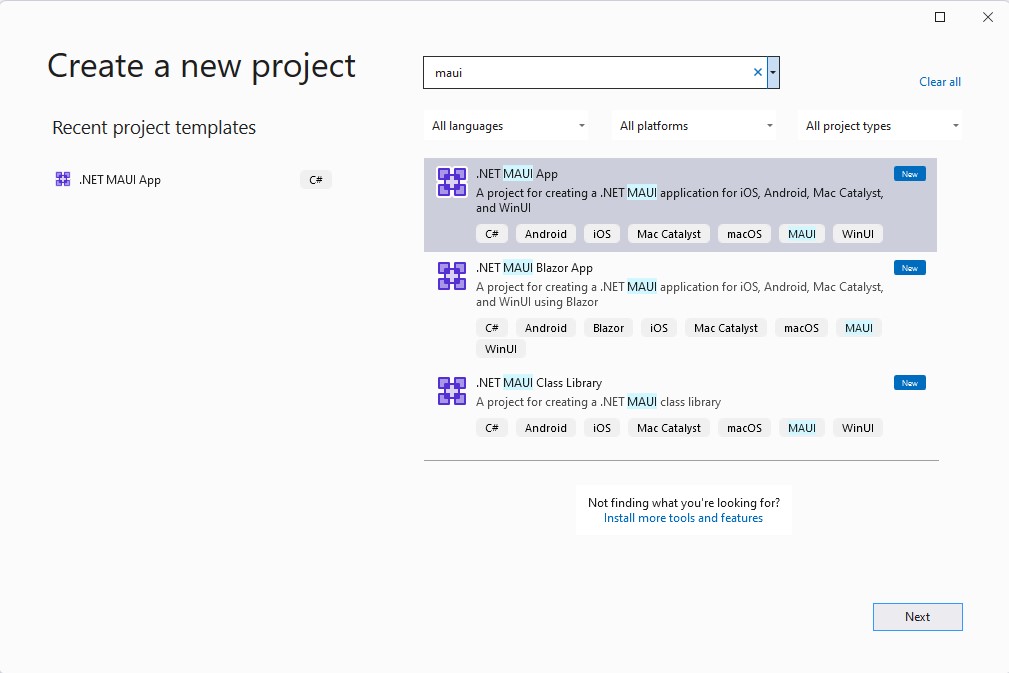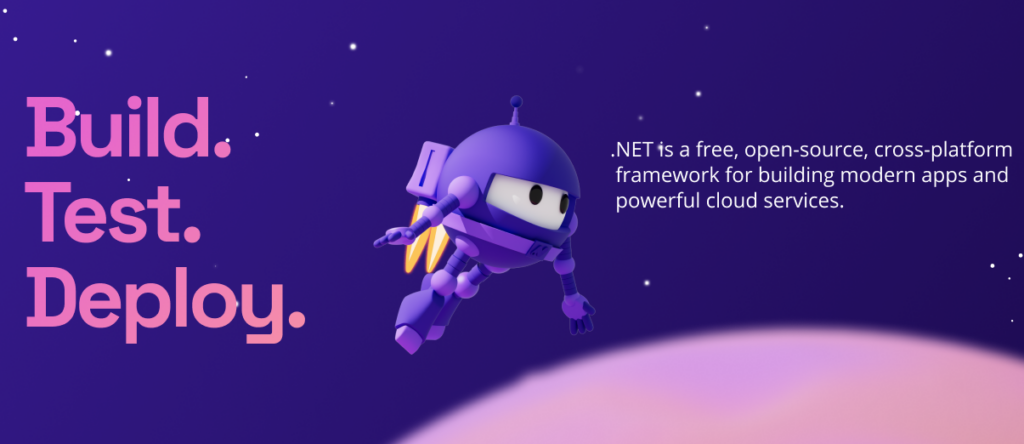Post by this author


Update on .NET Multi-platform App UI (.NET MAUI)

Introducing .NET Multi-platform App UI

Announcing .NET 5 Preview 4 and our journey to one .NET

Announcing .NET 5 Preview 1

Supporting the community with WF and WCF OSS projects

.NET Core is the Future of .NET


 Light
Light Dark
Dark